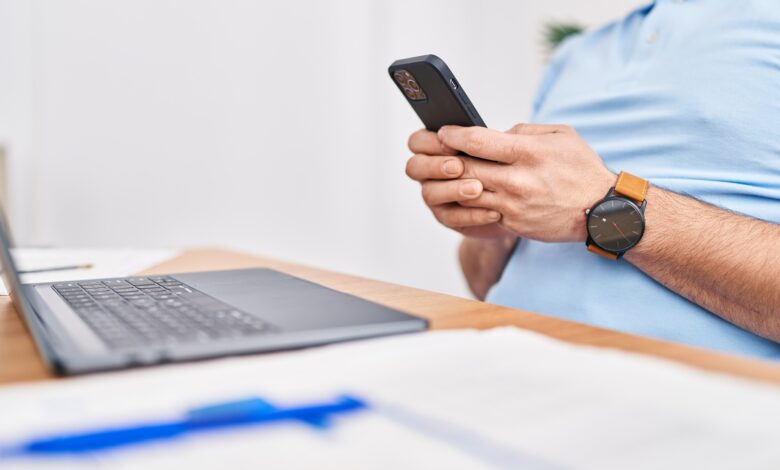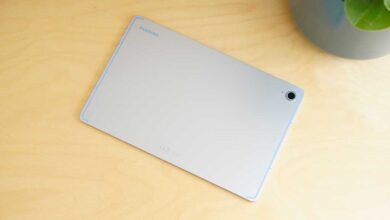Sorry, hiding your phone won’t stop your procrastination

The impact of electronic devices on our workday procrastination has been a topic of interest for researchers at the London School of Economics. Contrary to popular belief, the problem does not lie in the devices themselves but rather in how our usage of gadgets has reshaped our brains. Maxi Heitmayer, co-author of a study published in Frontiers in Computer Science, emphasized that it’s not the smartphones that are the issue, but rather the habits and apps that fuel our digital distractions.
To delve deeper into this issue, Heitmayer and his team conducted a study with 22 volunteers aged 22-31. These participants were asked to spend two five-hour work shifts in a secluded room with their electronic devices. The researchers observed their behavior when the participants placed their phones on their desks on one day and five feet away on the other. Interestingly, the data revealed that while the volunteers reduced their phone usage when it was farther away, they compensated by increasing screen time on their computers.
This finding led Heitmayer to conclude that the problem stems from our habits and routines rather than the devices themselves. The addictive and gamified nature of apps and social media platforms can alter our neural pathways and impact our overall well-being. This constant battle for attention, as Heitmayer describes it, is fueled by the design of these devices and the apps within them, which profit from our inability to resist temptation.
Addressing this ongoing distraction dilemma requires a multi-faceted approach. Individuals can adopt strategies like scheduling notification-free periods and being more mindful of their device usage. However, Heitmayer also stresses the need for better regulation and oversight of app and device makers, especially concerning younger users who may be more vulnerable to digital distractions.
In conclusion, it’s evident that our reliance on electronic devices has rewired our brains and altered our behaviors. By understanding the root causes of our digital distractions and implementing strategies to counteract them, we can strive for a healthier balance between technology use and productivity. The key lies in being aware of how we interact with our devices and taking proactive steps to mitigate the negative effects of excessive screen time. In today’s fast-paced world, it can be easy to overlook the importance of self-care. With so many responsibilities and demands on our time, taking care of ourselves often falls to the bottom of our priority list. However, self-care is crucial for our overall well-being and can have a significant impact on our mental, emotional, and physical health.
Self-care encompasses a wide range of activities and practices that help us prioritize our own well-being. This can include anything from getting enough sleep and eating well to engaging in activities that bring us joy and relaxation. Self-care is not a one-size-fits-all solution, as what works for one person may not work for another. It’s important to find the self-care practices that work best for you and incorporate them into your daily routine.
One of the most important aspects of self-care is setting boundaries. This means knowing your limits and being able to say no to things that don’t serve you or align with your values. Setting boundaries can help protect your mental and emotional well-being, as well as prevent burnout and overwhelm.
Another key aspect of self-care is practicing self-compassion. It’s easy to be hard on ourselves and criticize our every move, but self-compassion involves treating ourselves with kindness and understanding. This means being gentle with ourselves when we make mistakes and recognizing that we are only human.
Physical self-care is also important for our overall well-being. This can include regular exercise, eating nutritious foods, getting enough sleep, and taking care of our bodies. Physical self-care can help improve our energy levels, mood, and overall health.
Emotional self-care is another important aspect of self-care. This can involve practicing mindfulness, journaling, engaging in therapy or counseling, or spending time with loved ones. Emotional self-care can help us process our emotions, reduce stress, and improve our mental health.
In conclusion, self-care is an essential part of maintaining our overall well-being. By prioritizing self-care and incorporating practices that nourish our mind, body, and soul, we can improve our quality of life and better cope with the stresses and challenges of daily life. Remember, self-care is not selfish – it is necessary for our health and happiness. So take some time for yourself today and prioritize your well-being.




